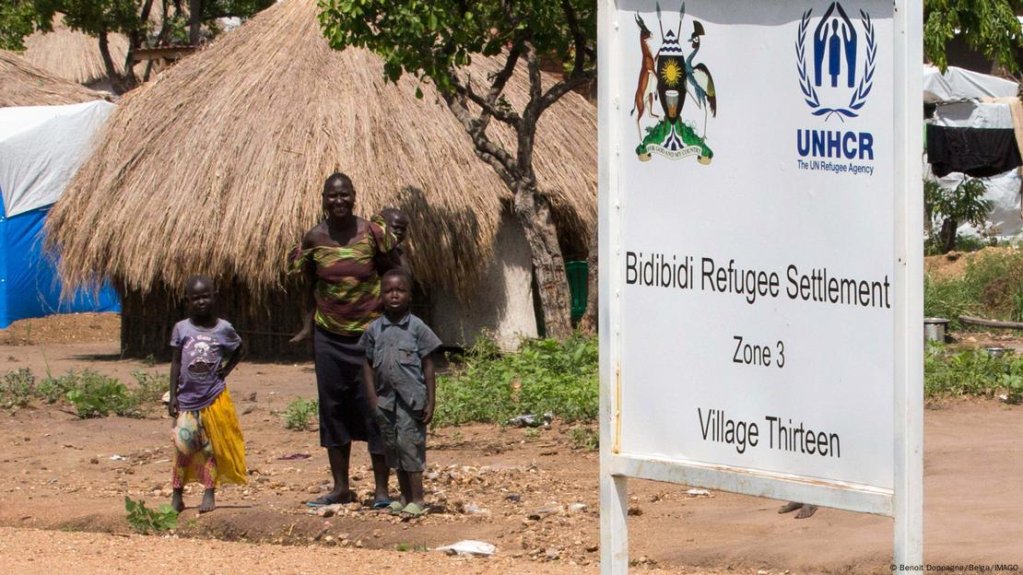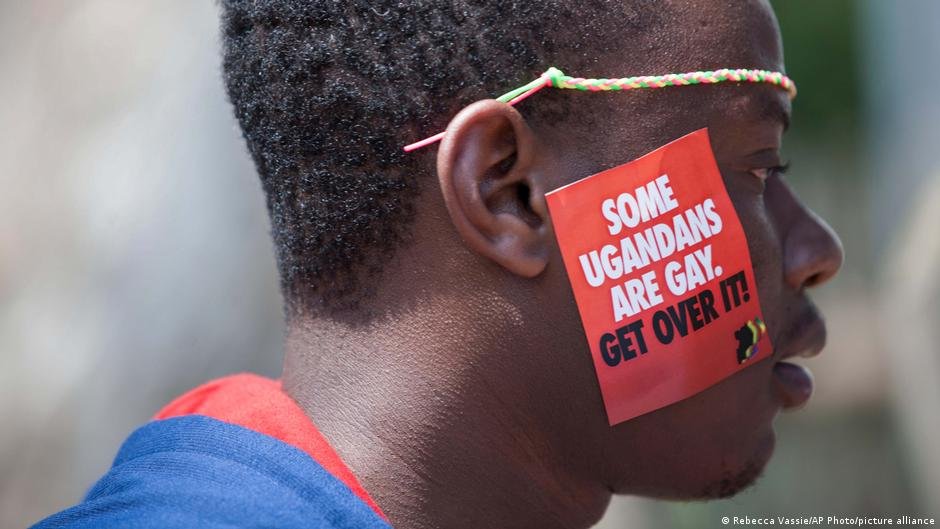The proposal, initiated by Dutch Minister Reinette Klever during a visit to Uganda last October, mirrors other proposals to outsource migration procedures to a third country.
The Netherlands is reviving its plans to send failed asylum seekers to Uganda as a third country "deportation hub", DutchNews reported on February 21.
Mirroring other similar plans to outsource migration procedures to a third country, the proposed deal with Uganda involves sending those whose asylum applications were rejected to the East African country where they would wait to return to their countries of origin "in the region". In return, Uganda would receive financial compensation from the Netherlands.
Reinette Klever, Minister of Foreign Trade and Development Aid initiated the plan during a state visit to Uganda last October.

"From now on, Dutch interests will take precedence in our country’s development policy ... All the programs we fund must contribute directly to our own interests: promoting trade, enhancing security, and reducing migration," Klever said in a statement.
The right-wing Party for Freedom (PVV) had earlier proposed declaring a nationwide state of emergency to enforce strict migration measures without requiring parliamentary approval. The leaders of the coalition government instead agreed to shift to more restrictive asylum rules.
Read AlsoNetherlands considering sending failed asylum seekers to Uganda
Sparked debates
The deportation plan, while reportedly in its initial stages, has sparked criticism from those who say it is against European Union laws against forced return.
Following Klever’s visit to Uganda in October, the local press reported that the proposal "sparked debate" within the East African country. Some Ugandan officials were said to have raised concerns about the feasibility as well as the ethical implications of sheltering rejected asylum seekers from Europe.
The United Kingdom made a similar proposal to Rwanda in 2022. The proposal was met with much opposition and was elevated to the Supreme Court until the plan was finally scrapped with the election of the Labor Party last July.
Local press quoted Nicholas Opiyo, a renowned human rights lawyer, as warning that the proposal would render asylum seekers in legal limbo and "effectively stateless" in both Uganda and the Netherlands.
History of welcoming refugees but...
Uganda is no stranger to offering protection to those escaping war and prosecution. According to 2023 estimates by the United Nations Refugee Agency (UNHCR), Uganda is hosting an estimated 1.6 million refugees from neighboring countries Sudan, South Sudan, and the Democratic Republic of Congo.

The UNHCR cited Uganda as a model of the Global Compact on Refugees (GCR) which promotes refugee protection and rights as well as safe returns.
However, the country also has one of the strictest anti-LGBTIQ laws in the world. Under the Anti-Homosexuality Act, homosexuality is punishable by death.
Frank Mugisha, a prominent LGBTQI+ rights advocate and the head of Sexual Minorities Uganda (SMUG) took to social media to voice out opposition to the plan.
The Human Rights Awareness and Promotion Forum (HRAPF) has documented more than 700 cases of human rights violations against 967 people because of their sexual orientation and gender identity and expression (SOGIE) since the Anti-Homosexuality Act was passed in 2023. The reported human rights violations included evictions and violence based on actual or perceived SOGIE. The HRAPF is among the organizations that have filed an appeal against the Anti-Homosexuality Act at the Supreme Court.

The European Commission is currently discussing revisions to the EU Return Directive established in 2017 to streamline return procedures. The 2024 Pact on Migration and Asylum introduced additional changes to the EU's return system, aiming to expedite procedures and improve coordination among Member States.
Read AlsoLiving in fear: What Uganda's new law against homosexuality has to do with migration
